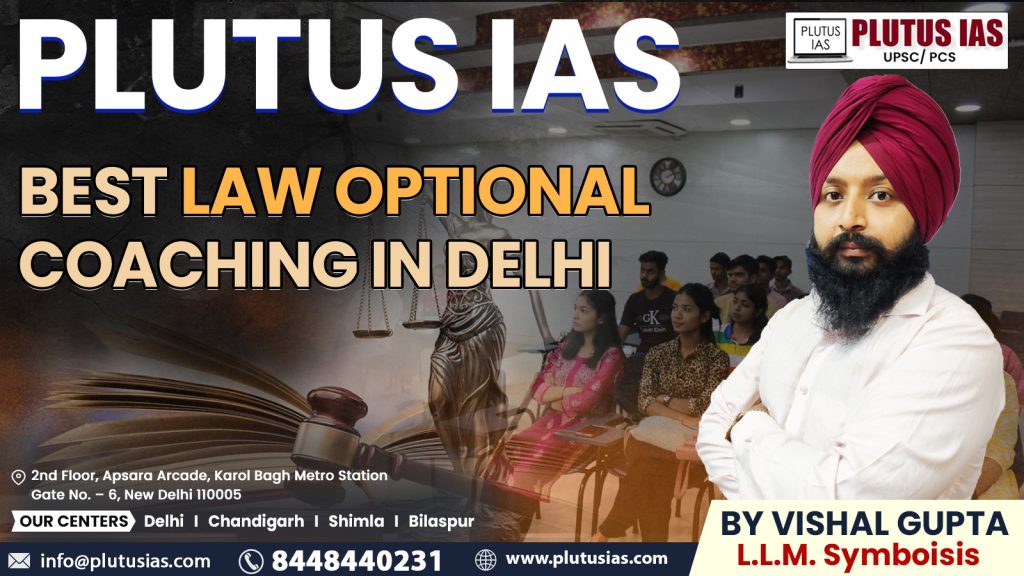
Address:
706 1st Floor Dr. Mukherjee Nagar Near Batra Cinema Delhi – 110009
City:Delhi
Vendor Type:Service Provider
If you are thinking about choosing Law as your optional subject for the UPSC Civil Services Exam, here are some important points and resources to help you prepare effectively:
Advantages of Choosing Law
- Connection to General Studies: Law is highly relevant to various General Studies papers, especially in topics related to the Indian Constitution, governance, and public administration.
- Foundation for Legal Knowledge: Studying law enhances your understanding of legal principles and frameworks, which can be advantageous both for the exam and in your future civil service career.
- Extensive Syllabus: The syllabus encompasses a broad range of legal topics, allowing for an in-depth exploration of significant laws and legal theories.
Overview of the Syllabus
- Constitutional Law: Study of the Indian Constitution, including fundamental rights, duties, and the structure of government.
- Administrative Law: Examination of principles governing administrative actions, judicial review, and the functions of tribunals.
- Criminal Law: Analysis of criminal offenses, defenses, and procedures outlined in the Indian Penal Code and Criminal Procedure Code.
- Contract Law: Understanding the Indian Contract Act, including formation, performance, and breach of contracts.
- Legal Theory and Jurisprudence: Exploration of legal concepts, theories, and the philosophical foundations of law.
Preparation Strategies
- Recommended Textbooks:
- “Introduction to the Constitution of India” by D.D. Basu.
- “Administrative Law” by I.P. Massey.
- “Indian Penal Code” by Ratanlal and Dhirajlal.
- NCERT Books: Start with NCERT textbooks to build a solid foundation, particularly those that cover political science and law-related subjects.
- Online Courses:
- Platforms such as Unacademy, BYJU’S, and Vision IAS offer specialized courses for Law optional, providing organized content and expert guidance.
- Consistent Revision: Develop concise notes for quick reference and regularly practice writing answers to enhance clarity and expression.
- Previous Years’ Papers: Review past years’ question papers to become familiar with the exam structure and the types of questions commonly asked.
Additional Resources
- Law Blogs and YouTube Channels: Follow educators and content creators specializing in law for further insights and explanations.
- Study Groups: Join or form study groups to discuss topics and exchange ideas, which can deepen your understanding of complex legal concepts.
